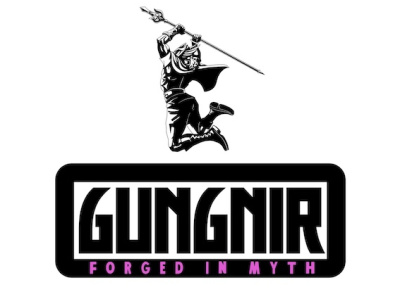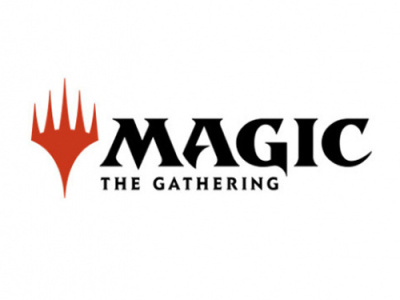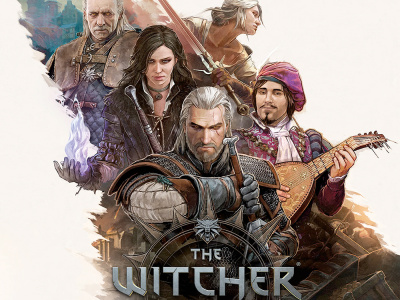The first report of possible talks came out Thursday afternoon from Bloomberg, but that initial report, which did not describe the talks as very far along, was quickly eclipsed by the Journal’s report that a deal could happen quickly.
AT&T is the largest provider of fixed telephone service and the second largest provider of wireless phone service in the U.S., and also owns satellite TV service DirecTV, which it is positioning to offer an online TV service as well.
The deal would give AT&T content to put through its pipes, sort of the way Time Warner was constituted before it spun off Time Warner Cable back in 2009. And it would put AT&T into some growth businesses with better margins, as opposed to its telecommunications businesses, with are either highly competitive, highly regulated, or both.
The cultures of the two companies are obviously very different, a source of potential problems, although perhaps AT&T would allow Time Warner to do its own thing, as Comcast has with NBC Universal since its acquisition back in 2011. But there are no guarantees, and creative talent is very mobile and could move elsewhere if the culture of the combined companies becomes less friendly to creative endeavors.
Time Warner turned down a bid from 20th Century Fox last year (see “Murdoch Withdraws Offer”), so the price from AT&T would presumably have to be significantly higher than what Murdoch offered. Time Warner stock is up over 10% since news of the deal broke, closing at $89.41 Friday after trading below 80 recently. The Fox offer was at 85. How the AT&T offer is constituted between cash and stock also has an impact on how a deal would be evaluated.
AT&T competitor Verizon, which owns AOL, is in the process of acquiring Yahoo, although pressure on Verizon’s core business and the revelation of a massive data breach at Yahoo may make that deal tough to close.









